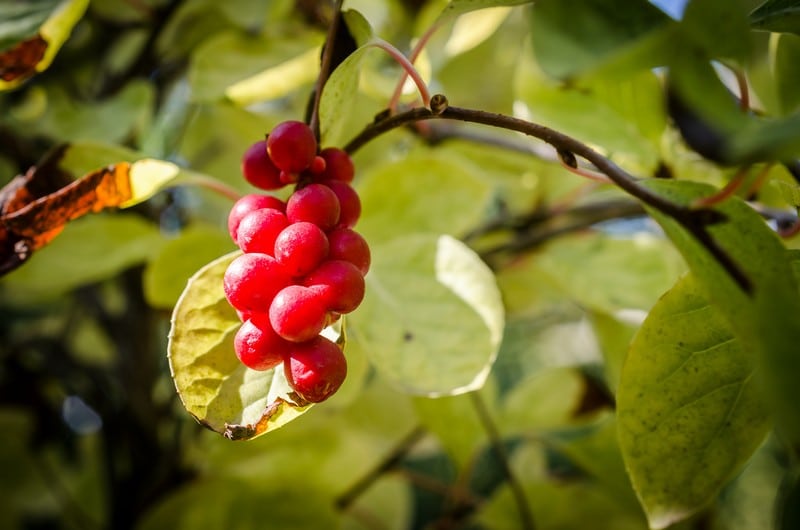Schisandra Chinensis

Schisandra Chinensis plants are fruit-bearing vines whose seeds may have various health benefits. Traditionally, they’re used more for their medicinal qualities than food. They’re believed to have positive effects on several pathways or meridians in your body, such as the kidney, lungs, liver, and heart. In addition, some scientific evidence from human and animal studies indicates that it might be able to help against several diseases and conditions, including Alzheimer’s disease, menopause, depression, and stress.
An animal study conducted in 2013 also found the plant’s pollen to have strong antioxidant effects against toxic exposure and damage to the liver. It’s also effective for those with chronic and acute hepatitis. Moreover, it acts as an anti-inflammatory and antioxidant agent against non-alcoholic fatty liver disorders. However, more human studies are needed to determine people’s ideal duration and dosage to get the best possible results.
It’s vital never to go beyond the dosage recommended by healthcare providers or the product labels. Excessive doses of Schisandra Chinensis may lead to gastrointestinal distress symptoms like heartburn. Therefore, it isn’t an appropriate treatment option for people with hyperchlorhydria, GERD, or ulcers. Another side effect it has is appetite loss.










